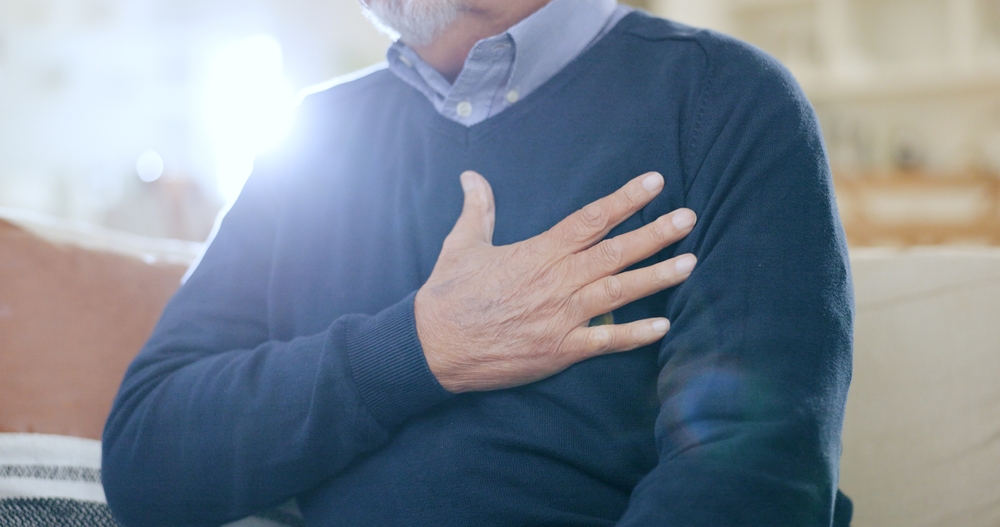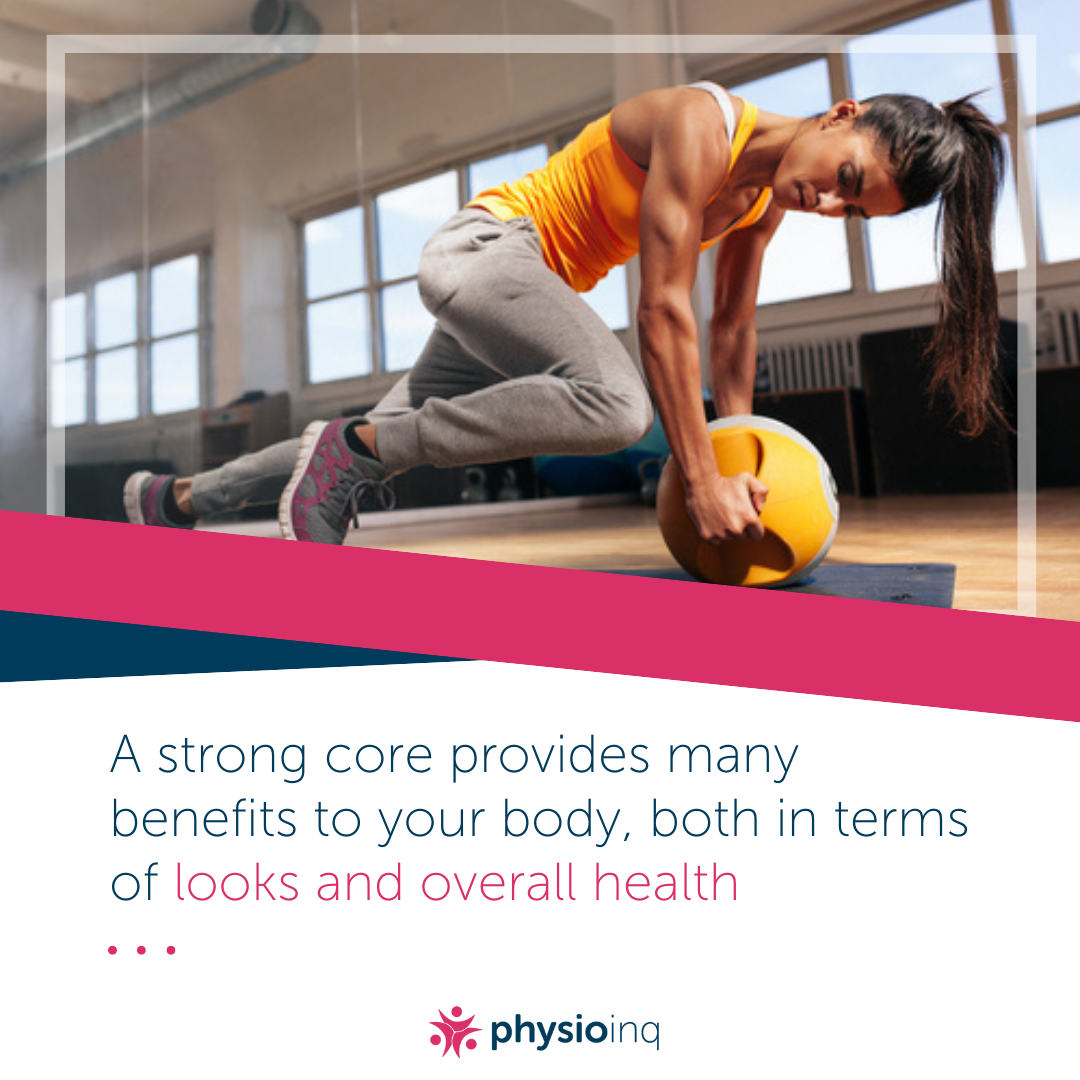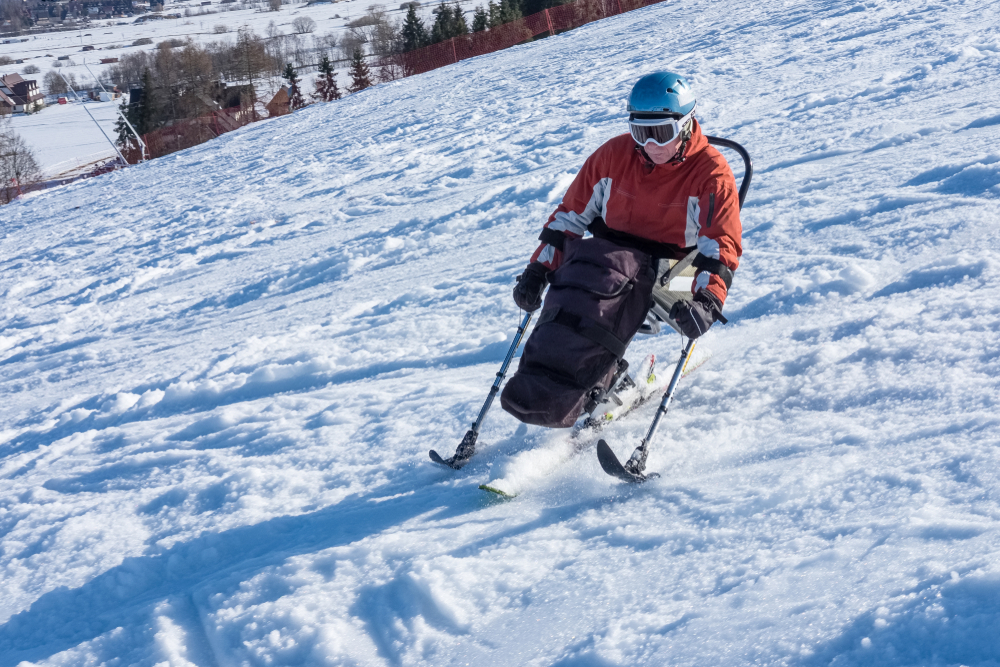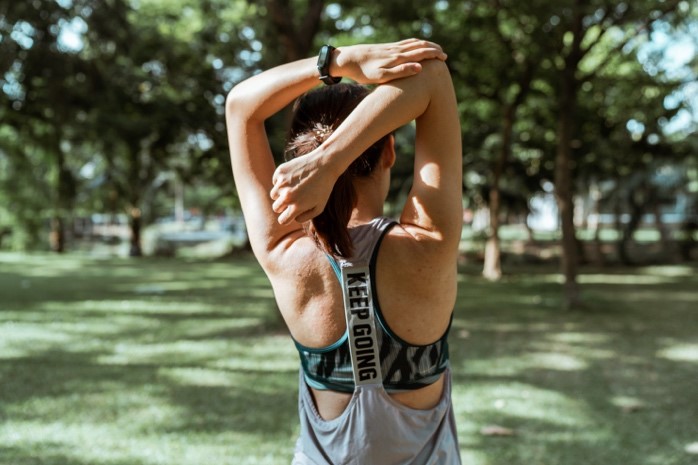Make an Appointment
Correct nutrition is essential if you are to reach and maintain your best performance levels. The benefit of a properly balanced diet cannot be overstated, because it’ll boost your cycling performance, reduce recovery time and contribute greatly to your overall fitness.
Put simply a healthy diet means no processed foods because they all contain high levels of salt and sugar and lack the vitamins and minerals your body needs.
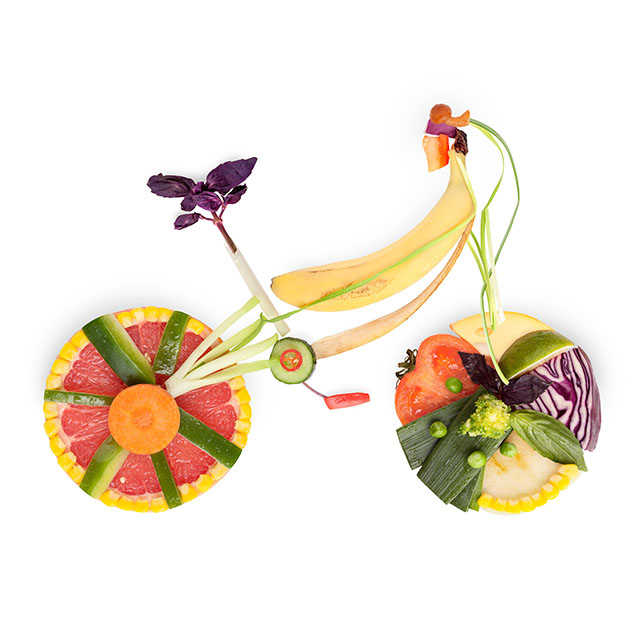
Below are the percentages for a 2000 calorie per day diet for an average man. A keen cyclist could need up to 4000 calories a day and your calories should come from these sources:
Fruits and vegetables - 30%
You should eat at least 2 ½ cups of varied vegetables daily, plus 2 cups of fruit. If you just eat something from every colour group, you’ll get a good variety of these foods.
Grains - 30%
This includes bread, cereal, pasta and rice. Eat about 179 grams/6 ounces of grains daily with 50% coming from whole grain sources such as whole wheat or Weetabix, brown rice, oats and whole grain corn.
Protein Sources - 15%
Protein is important for recovery and lean meat and poultry are good sources. Fish contains beneficial omega-3 fatty acids, so eat some at least twice a week. Some professionals also take a fish oil supplement.
Don’t forget that dried peas and beans, lentils, chickpeas, seeds and nuts are great protein sources with almost no fat.
Milk and dairy -15%
Low-fat sources such as fat-free milk or low-fat yogurt or cheese provide the calcium you need for healthy strong bones. Aim to have 3 cups of milk and dairy each day.
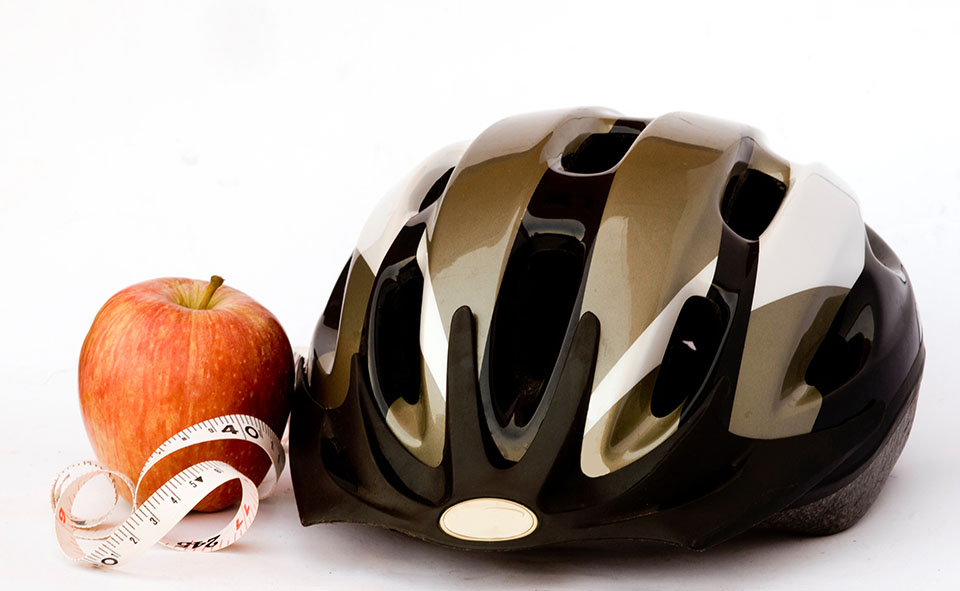
Good fats & Sugar -10%
Try to get plenty of poly- and mono-unsaturated fat from fish, nuts, olive oil or other vegetable oil. Sugar should come primarily from fruits, vegetables, and whole grains.
Salt (sodium) & potassium
maintain electrolyte levels for correct heart function and balance. Limit your salt to roughly 1 teaspoon daily and try to eat fruit and veg that are high in potassium – too many to list here - which counter the negative effect of salt on blood pressure.
Choosing a healthy diet is actually pretty simple and this diet is the same as the ‘Healthy Heart’ Diet recommended for everyone, so it’s perfect for all your family. Healthy eating is an easy (and cheap) way to boost your cycling performance and help you get the most out of this great sport!
Date Published: Monday, October 16, 2017
Locate a Mobile Physiotherapy
Service Near me
Get the experience & convinence you deserve to support your or a loved one's allied health needs.
Our Mobile Physiotherapy team are currently serving & taking appointments in the following states and regions in Australia:
Need to get into direct contact with ur Client Services team? We're all ears. Call our team directly on 1300 731 733





